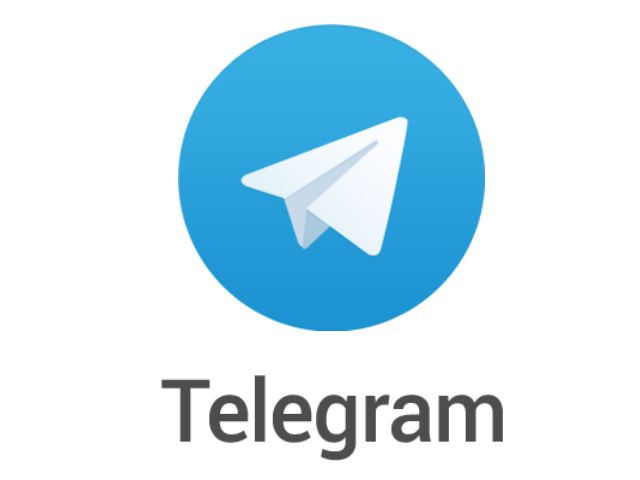
Telegram is a messenger service like WhatsApp , Signal Although the messenger is considered relatively privacy-protected compared to others, Telegram has come under criticism for spreading fake news and conspiracy narratives.
Telegram is a free messenger service that advertises particularly high security and speed. Anyone who wants to use the app must register once with a cell phone number by calling or texting. Afterwards, an account can be used across an unlimited number of devices. It is also possible to create a user name.
Telegram offers features like other messenger services: sending (and editing) images, videos, audio files and emojis. It can also be used to conduct surveys. Another special feature of Telegram is the creation of public groups and the subscription to (thematic) channels: Messages can be sent to an unlimited number of users, but only the channel creator and the administrators are allowed to write.
In so-called “secret chats”, messages are not stored on the provider’s servers. This is to prevent messages from being intercepted and read in any form. The “self-destruct function”, with which a message automatically disappears from the sender and recipient after a set time, also contributes to this.
As with WhatsApp you can get in touch with others quickly and free of charge via Telegram. Especially the exchange in groups makes Telegram interesting. For older teenagers, contact with like-minded people in Telegram groups could also be exciting and problematic at the same time.
Despite encryption and secret messages, the app has some pitfalls: The end-to-end encryption ensures that messages can only be read by the chat participants, but must first be activated. In addition, all communication content, with the exception of secret chats, is permanently visible to the operator and is stored on its servers.
Because of its subscribable channels and groups, Telegram is popular and criticized in equal measure. Institutions such as newspapers can use it to send out regular updates. But these groups also bring together people who exchange and spread right-wing ideas or other extreme opinions among themselves. Also listen to an episode of the youth podcast “What’s up…?”.
As with similar apps, contact risks such as sexting, cyberbullying and the spreading of so-called fake news cannot be ruled out. Registering with a username poses a particular risk: This is public, so that even people who do not have the cell phone number can contact you. The messenger also requires access to the address book and contacts are permanently stored on Telegram servers.
The Russian provider advertises data protection and privacy. In addition to the encryptions, there is, for example, the option to secure the app with code or fingerprint. Telegram is also open source, which means that anyone can see how the app is programmed and how the security measures work. The app is also to remain free of charge and advertising at all times.
Before you register, you must also agree to the Terms of Use. These require a minimum age of 16. In addition, the users undertake not to use the service for sending spam or cheating, not to promote violence and not to publish illegal pornographic content. However, it is unclear whether and how compliance with these conditions will be verified.
Before your child uses a messenger like Telegram, you should talk to him about communication rules and possible dangers. Consider beforehand what speaks for Telegram or whether another service would be better. If it is to be Telegram , refrain from registering with a public username.